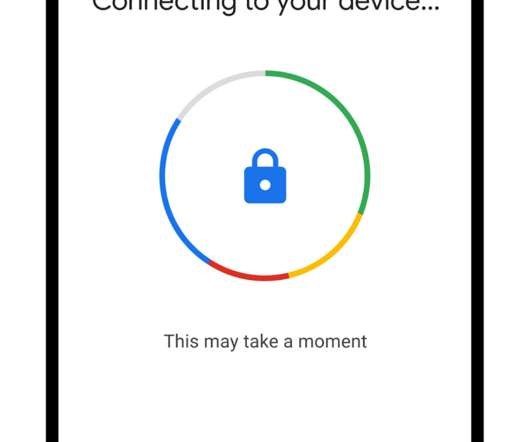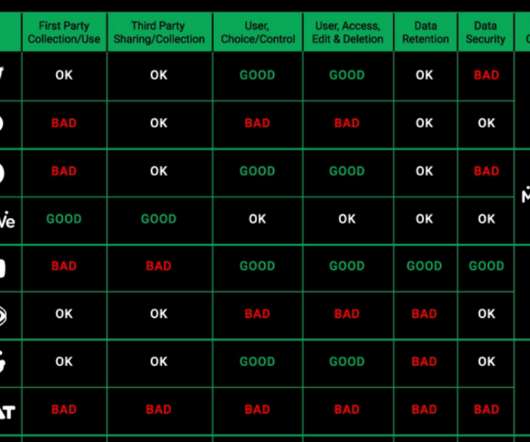Top 7 MFA Bypass Techniques and How to Defend Against Them
SecureWorld News
AUGUST 5, 2023
Multi-factor authentication (MFA) is a fundamental component of best practices for account security. It is a universal method employed for both personal and corporate user accounts globally. By understanding hackers' common techniques to circumvent MFA, you can better safeguard your account against their potential ploys.












Let's personalize your content